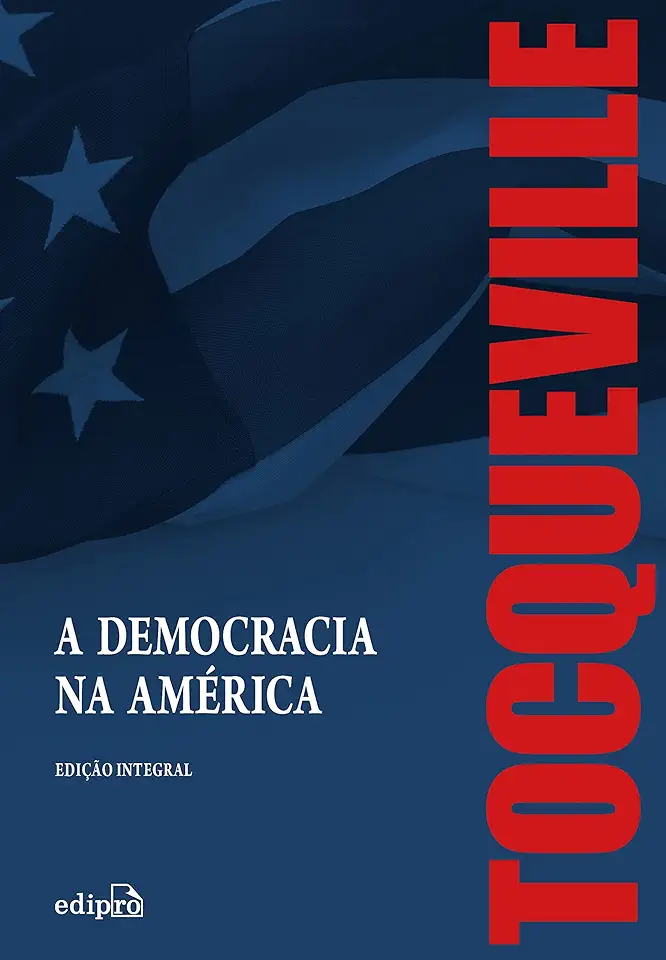
Democracy in America - Alexis de Tocqueville
Democracy in America: A Landmark Exploration of American Democracy
Alexis de Tocqueville's seminal work, "Democracy in America," stands as a towering achievement in political thought and a must-read for anyone seeking to understand the foundations and complexities of American democracy. First published in 1835, Tocqueville's insightful observations and profound analysis of American society have left an indelible mark on political discourse and continue to resonate with readers today.
A Journey into the Heart of American Democracy
Tocqueville's journey to America in the early 19th century was driven by a desire to comprehend the unique characteristics of American democracy, which he believed held valuable lessons for the future of democratic governance. Through his extensive travels and meticulous observations, Tocqueville sought to unravel the intricate workings of American institutions, social structures, and cultural values that shaped the nation's democratic experiment.
Key Themes and Insights
Tocqueville's analysis of American democracy revolves around several key themes that have become central to our understanding of democratic societies. These include:
1. The Tyranny of the Majority
Tocqueville recognized the potential for majority rule to suppress individual rights and freedoms. He cautioned against the dangers of unchecked majority power, emphasizing the importance of institutional safeguards and a strong civil society to protect minority rights.
2. The Role of Religion in Democracy
Tocqueville observed the vital role of religion in shaping American society and politics. He argued that religious beliefs and practices fostered a sense of moral responsibility, civic engagement, and social cohesion, which were essential pillars of a healthy democracy.
3. The Importance of Civic Associations
Tocqueville highlighted the significance of voluntary associations and civic organizations in promoting democratic participation and fostering a sense of community. He saw these associations as crucial for nurturing democratic values and strengthening civil society.
4. The Power of Public Opinion
Tocqueville recognized the immense influence of public opinion in shaping political decisions and public policy. He emphasized the need for an informed and engaged citizenry to ensure that public opinion serves as a force for good in a democracy.
A Timeless Masterpiece
"Democracy in America" transcends its time and remains a relevant and thought-provoking work in the 21st century. Tocqueville's insights into the strengths and challenges of democracy offer valuable lessons for contemporary societies grappling with issues such as populism, social inequality, and the erosion of democratic institutions.
Why You Should Read "Democracy in America"
If you are passionate about democracy, political theory, or American history, "Democracy in America" is an essential addition to your bookshelf. Tocqueville's profound analysis and eloquent prose provide a captivating journey into the heart of American democracy, leaving readers with a deeper understanding of the complexities and possibilities of democratic governance.
Purchase Your Copy Today!
Don't miss the opportunity to delve into this classic work of political thought. Order your copy of "Democracy in America" today and embark on an intellectual adventure that will enrich your understanding of democracy and its enduring significance in shaping our world.
Enjoyed the summary? Discover all the details and take your reading to the next level — [click here to view the book on Amazon!]